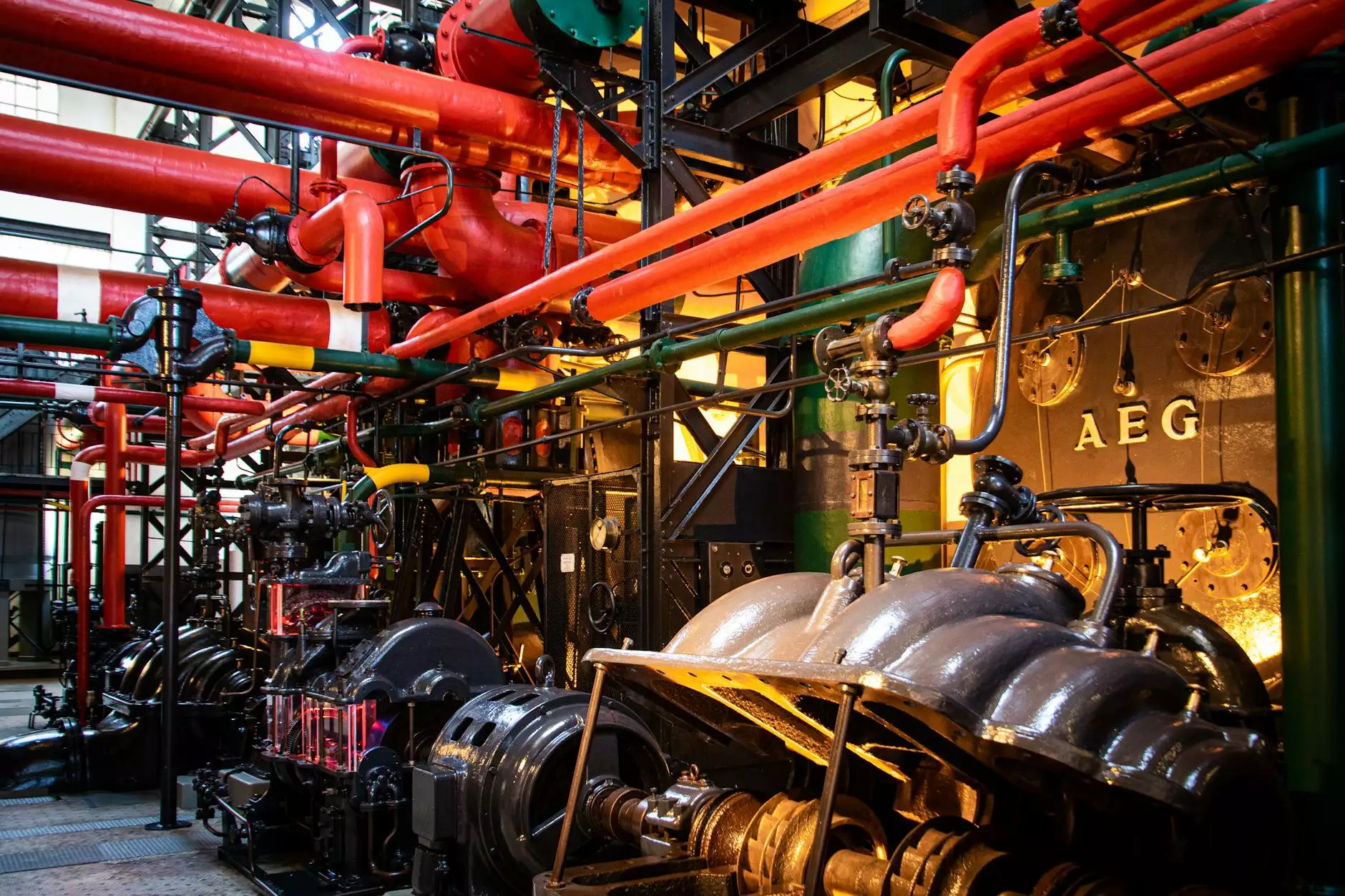Is a Heat Pump Better than a Gas Furnace?
Services
Welcome to Alpine Heating & Air Conditioning, your trusted source for all heating and cooling needs. In this guide, we will explore the pros and cons of heat pumps and gas furnaces to help you make an informed decision. Whether you are considering a new installation or looking to upgrade your existing system, understanding the differences between these two options is crucial.
The Advantages of Heat Pumps
Heat pumps are highly efficient heating and cooling systems that operate by transferring heat from one place to another. One of the main advantages of heat pumps is their energy efficiency. Heat pumps can provide both heating and cooling, making them a versatile choice for year-round comfort.
One of the key benefits of heat pumps is their ability to extract heat from the air or ground, reducing the reliance on fossil fuels. This not only helps the environment but also results in significant energy savings. Heat pumps can achieve high levels of efficiency, especially in moderate climates.
Heat pumps are also known for their even and consistent heating. Unlike gas furnaces that blow hot air, heat pumps distribute heat evenly throughout your home, eliminating cold spots and drafts. This provides a more comfortable living environment and reduces the need for supplemental heating.
The Benefits of Gas Furnaces
While heat pumps have their advantages, gas furnaces also offer unique benefits. Gas furnaces are known for their powerful and fast heating capabilities. They can quickly raise the indoor temperature, making them ideal for colder climates or homes with higher heating demands.
Additionally, gas furnaces are often more affordable upfront compared to heat pumps. If natural gas is readily available in your area, the operational costs of a gas furnace can be lower than that of a heat pump. Gas furnaces have been used for many years and are a reliable option for heating.
Another advantage of gas furnaces is their ability to heat your home even in extreme temperatures. Heat pumps become less efficient in colder climates, while gas furnaces can continue to provide warmth regardless of outside conditions. This ensures your comfort throughout the winter months.
Considerations for Your Decision
When deciding between a heat pump and a gas furnace, it's essential to consider several factors:
- Climate: If you live in a mild climate, a heat pump can be an energy-efficient choice. However, for colder climates with harsh winters, a gas furnace might be better suited to meet your heating needs.
- Energy Costs: Analyze the cost of energy sources in your area. Natural gas prices may vary, so compare the long-term cost implications of a gas furnace and a heat pump.
- Installation Costs: Evaluate the initial installation costs of both options and weigh them against the long-term energy savings.
- Maintenance: Consider the maintenance requirements and costs associated with each system. Heat pumps may require regular maintenance to ensure optimal performance.
- Environmental Impact: If reducing your carbon footprint is a priority, a heat pump might be a better choice as it operates using electricity and doesn't emit greenhouse gases on-site.
Conclusion
In conclusion, both heat pumps and gas furnaces come with their own set of advantages and considerations. The choice ultimately depends on your specific needs, preferences, and local circumstances. We recommend consulting with a professional heating and cooling contractor, such as Alpine Heating & Air Conditioning, to assess your home's requirements and provide personalized recommendations.
At Alpine Heating & Air Conditioning, we specialize in heating and cooling solutions tailored to our clients' needs. Our experienced technicians can help you determine whether a heat pump or gas furnace is the better option for your home. Contact us today to schedule a consultation and ensure optimal comfort for your family.









